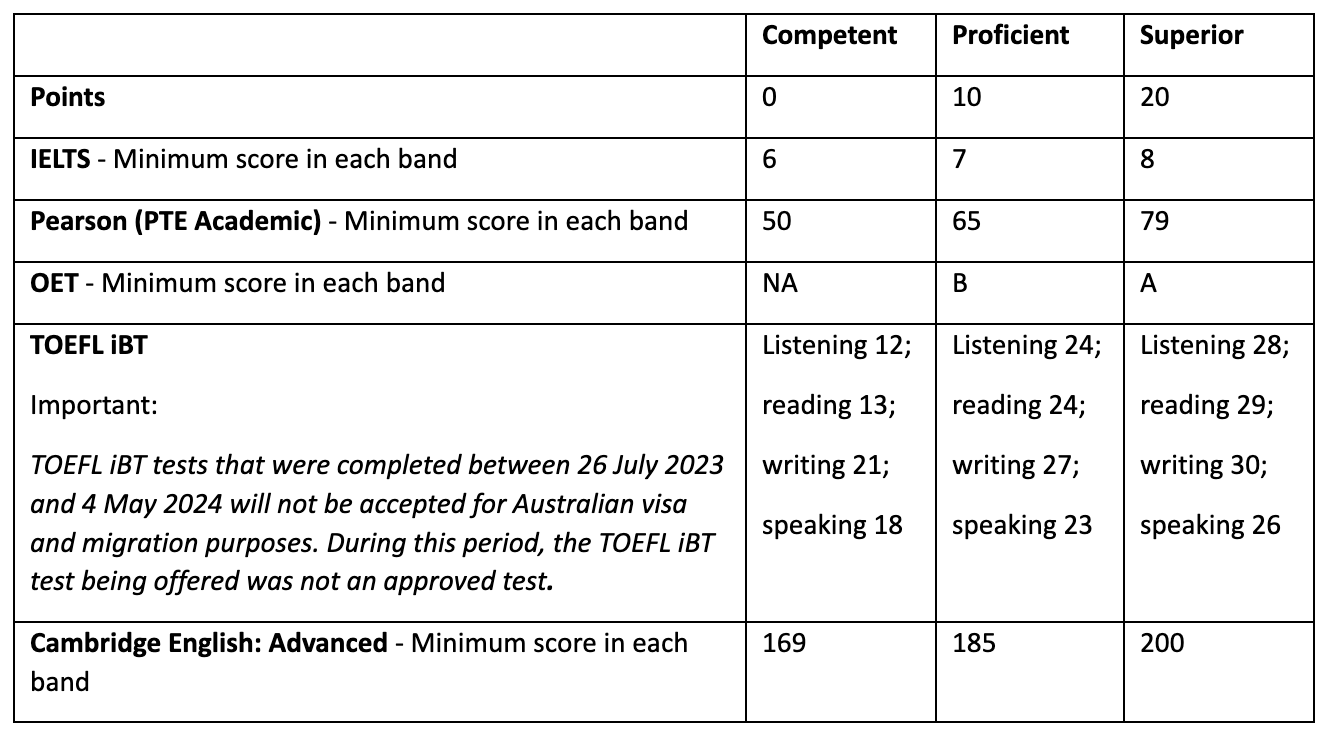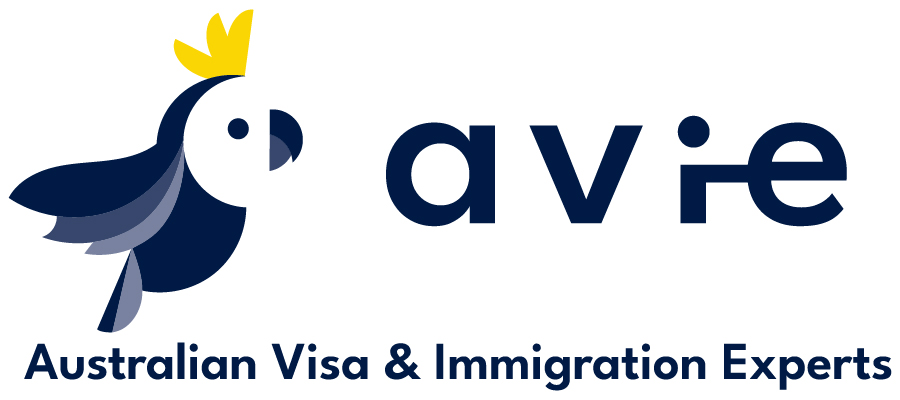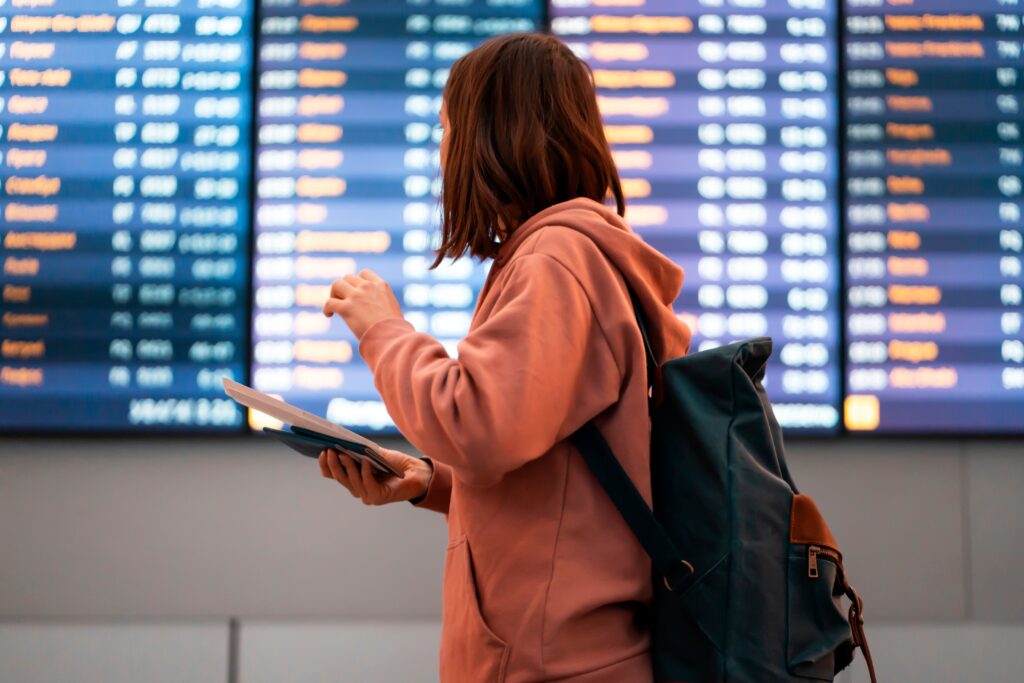This article has been written in collaboration with Nicole Kirkwood, Director of Australian Visa and Immigration Experts (AVIE) and Registered Migration Agent (MARN: 0962323).
General Skilled Migration (GSM) is one of Australia’s skilled visa programs. These visas allow skilled people to migrate to Australia without an employer sponsor.
To be eligible for GSM, you must have an occupation on one of the skilled and occupation lists.
There are over 700 occupations on the skilled lists. There are three main lists:
- MLTSSL – Medium and Long-term Strategic Skills List
- STSOL – Short-term Skilled Occupation List
- ROL – Regional Occupation List
Find all the occupation lists here.
The General Skilled Migration program consists of five visa subclasses:
- Skilled Independent visa (subclass 189) – Points-tested stream
- Skilled Independent visa (subclass 189) – Hong Kong stream
- Skilled Nominated visa (subclass 190)
- Skilled Work Regional (Provisional) visa (subclass 491)
- Permanent Residence (Skilled Regional) visa (subclass 191)
*The 189 Hong Kong stream visa has different requirements (not discussed in this article).
To be eligible for one of these visas you will need to have:
- Qualifications and/or work experience
- A skills assessment
- Have a suitable level of English
- Meet the points test
- Lodge an Expression of interest (EOI)
- Be approved for state/territory or regional nomination (if required)
- Be invited to apply for a visa
Qualifications and/or work experience
You may be able to use your overseas or Australian work experience to meet the eligibility requirements of the skills assessor and or visa.
One of the biggest mistakes people make is to think that their overseas qualifications and work experience are not valuable. It may well be the key to you being eligible for GSM and it is important to have your overseas work experience assessed for your migration pathway as soon as or before you arrive.
While your qualifications will remain valid, work experience can expire or become too old. For example:
- VETASSESS (as skills assessor) requires your work experience to be in the last 5 years.
- TRA (another skills assessor) requires work experience in the last 3 years.
If you have skilled work experience from outside Australia you may need to get a skills assessment before you finish your study.
Skills assessment
The Department of Home Affairs outsources the assessment of your skills to external skills-assessing authorities. Your skills assessor will depend on your occupation.
There are 43 skills assessors at present, and you can view all the skills assessors here.
The eligibility criteria vary, and each skills assessor has their own requirements.
Some require:
- Suitable qualifications, work experience and English test, or
- Suitable qualifications and English test, or
- Suitable qualifications and work experience, or
- Suitable work experience only
English requirements also vary, and some skills assessors only accept IELTS while some accept all English tests.
It is important to understand that while the skills assessor may require one English test, you may use another (if you get a better result) for points for your visa application.
Suitable level of English
You will need to have a competent level of English for GSM. However, in most cases, you will need a higher level of English. This is because you may need a higher level of English by your skills assessor, or nominating state or you will require it for points.
Applicants will need to complete the IELTS, OET, Pearson, Cambridge or TOEFL test of English language ability to score points for General Skilled Migration.
The different English levels and test scores are below:

If you hold a passport from the UK, Ireland, USA, Canada or NZ, you are exempt from English language testing. However, you will still need to do an English test if you wish to claim points for English language ability.
The points test
You can be awarded points for your level of English, your education, work experience, study inside Australia, your relationship status, your partner’s level of English and fluency in another language, you may also be awarded points if you have Australian family members or if you chose to live or study in a nominating state or region.
Click here to estimate your points score.
You need a minimum of 65 points to be selected. However, you will often need a much higher score. That is because in some cases selection is competitive.
One way to avoid the high points scores is to consider the subclass 190 and 491 visas which in some states require a lower score and give you extra points for applying for these subclasses.
Expression of interest (EOI)
Once you have your skills assessment, English test, and all required points to meet the eligibility criteria you can lodge your expression of interest (EOI).
You must meet all requirements before you lodge your EOI, or your visa may be refused.
You can lodge your EOI here.
Just because you lodge an expression of interest does not mean you will be invited.
Traditionally, a higher score is required for a subclass 189 visa. However, this will depend on your occupation. For example, nurses and teachers have only 65 points in recent years.
If you have lodged an EOI and have not been invited. You may need to consider state or regional options.
State/Territory or Regional nomination
If you have a STSOL or ROL occupation, you must be nominated by a state or a region for either a 190 or a 491 visa. If you have an MLTSSL occupation, you may also choose this option if you have not been selected for 189.
The process for each state or territory is different.
- In some states, you nominate a state in the EOI and wait to be invited. Some other states require you to lodge an EOI and then make a direct application to the state. Others you lodge an EOI and a Registration of Interest or Matrix, then if invited make a direct application to the state.
- Some states require you to have had work experience or study in their state. Some require higher English scores.
- States can choose the occupations they wish to have on their lists and some states have all occupations and some just have a few.
- In addition, some states have a large allocation of places for the year and others have a small allocation of places. This means that you are more likely to be invited in some states than others.
It is important to understand what options you have in your state, as well as if the state you study in will impact your permanent options. Be aware that requirements can change.
All states have offshore options. That means even if you are not in Australia, you may be eligible to apply for a permanent resident visa.
If you are approved by your state or region you will be invited to apply for a visa.
Invited to apply for a visa
If you are invited to apply for a visa you will have 60 days in which to apply. The visa will process for some time however once the visa is granted. you will have Australian Permanent Residence if you apply for a subclass 189 or 190 or provisional residence if you are granted a 491.
A subclass 491 is granted for 5 years and after three years you can apply for permanent residency via the subclass 191 if you have worked in a region and worked for three years.
Where you can get help
You can contact a registered migration agent using the Office of the Migration Agents Registration Authority (MARA) registry, or contact an immigration lawyer:
Nicole Kirkwood
Australian Visa & Immigration Experts
MARN: 0962323
Email: email@avie.com.au
Website & book a consultation: www.avie.com.au
What we do: Provide expert migration advice, assist and lodge all skills assessments and visa applications, state and regional sponsorship, AAT and all other migration matters.
Connect with us: LinkedIn | Facebook | Instagram | TikTok | X






